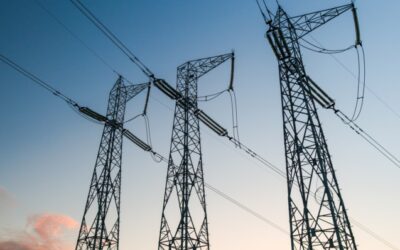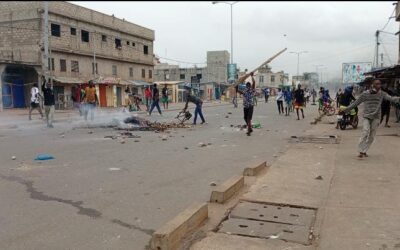Osei Kofi Acquah the National Youth Organizer for the CPP writes…….
Some people are accusing Mr Yaw Osafo Marfo for telling Ghanaians to park their vehicles,if they are looking forward to a reduction in fuel prices.
In as much as I agree with alot of Ghanaians that, the statement by the senior member of the NPP is unfortunate and unacceptable, I also want to look at his statement from this angle.
This is an expression of frustration by a senior party member and a member of government, who cannot understand why an incompetent trade minister, cannot find any other means to either negotiate raw crude to be bought at cheaper rates so that the ministry of energy can give order for it to be refined at the CPP and Kwame Nkrumah’s visionary Tema oil refinery, so that government through NPA can regulate the prices of fuel by hedging the price of fuel thereby stabilizing the fuel prices for a while.
Or Yaw Osafo Marfo is frustrated that the Incompetent trade minister who is still at post cannot find ways to negotiate an oil trade with oil producing countries directly without going through the international market, meaning a trade pact or policy that will mean buying the oil directly from the oil producing country in the currency of the oil producing country without relying on the dollar, the pound or the Euro which highly depreciates the value our Cedi. as compared to other currencies.
Or why the Incompetent trade minister Allan Kwadwo Kyeremanteng as a trade minister, cannot follow the modern day batter trade example of Iran and Taiwan, who went into a batter trade agreement, where the Iranians with oil, supplies Taiwan with Oil in exchange of Rice from the Taiwanese.
So this will mean Allan Kyeremanteng deciding to justify why he is being paid as a trade minister by researching to find out which oil producing country will be willing to sign a trade agreement with Ghana to supply us with oil in exchange of one or two of our numerous God giving Natural resources in this difficult times.
This way Ghana and one of those oil producing countries can trade off goods and services with what each other have and wants from the other in a simple batter policy without cash.














